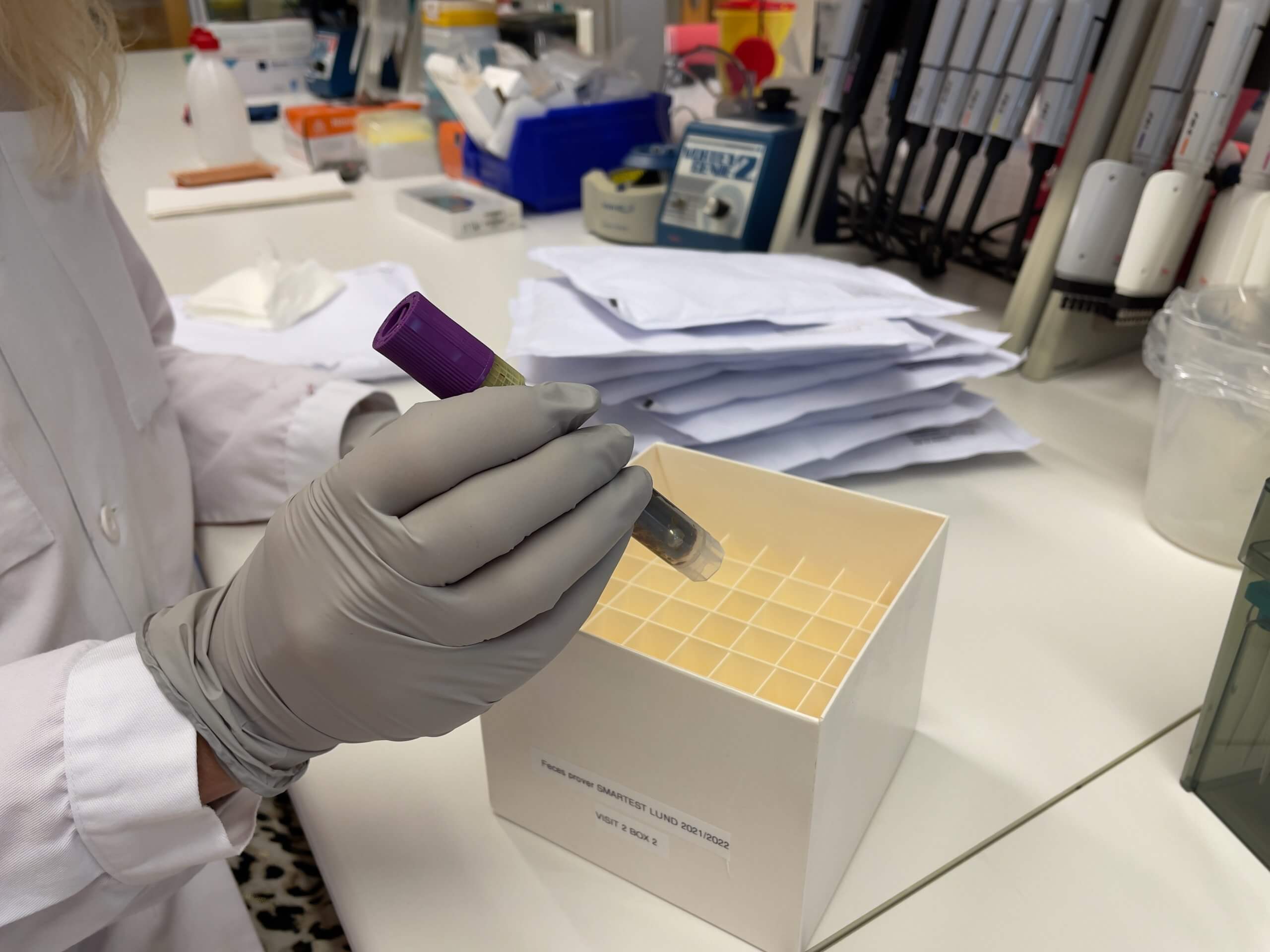Understanding all the ways that gut bacteria influences human health is quite the task. Luckily, so many researchers are working on producing different findings to contribute as evidence for an array of gut associations. This time, a Swedish study by Uppsala University and Lund University scientists finds strong associations between bacteria living in the gut and small molecules found in the blood, called metabolites.
“Earlier studies have shown that the large bacterial community in our digestive system produce a variety of molecules, with the potential to enter the bloodstream and to impact our health. Conversely, medication or dietary components may affect the microbiota composition before entering the circulation. Characterization of these interactions is an important step towards understanding the effects of the gut microbiota on health,” says Tove Fall, Professor of Molecular Epidemiology at Uppsala’s Department of Medical Sciences and the Science for Life Laboratory, in a statement.
Nowadays, there have been several technological advancements that allow for more in-depth characterization in biological sampling. The process involves sequencing the samples’ DNA and comparing the results to sequencing from known bacteria. Chemical advancements have taken this to the next level, allowing large amounts of blood sampling screens to occur at the same time, leading to more small molecule measurements.
For this research, the scientists based their analysis on 8,583 fecal and blood samples provided by the Swedish CardioPulmonary bioImage Study (SCAPIS). The SCAPIS study has one of the most extensive collections of fecal and blood sample data in the world, this being an invaluable contribution to this study. In this study scientists investigated the links between the gut microbiota and the small molecules in the blood. Through analysis, the team found that there is a critical relationship between metabolite state and the type of bacteria that resides in the gut lining.
Scientists agree that their findings may peak the interest of other international researchers that study gut-host relationships. Ultimately they wanted to offer more insight that can help improve human health outcomes by exploring the gut microbiota in a big-picture manner. As such, they have published their work on the public web for any researcher to explore.
“The large number of samples containing high quality data allowed us to identify many novel associations. We have therefore chosen to publish all of our findings in an online open resource for the research community to use for their varying needs,” says Koen Dekkers, lead author from Uppsala University.
This study is published in the journal Nature Communications.
